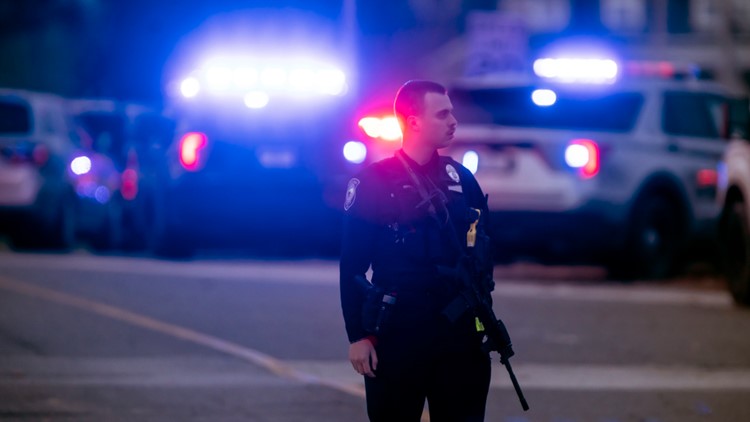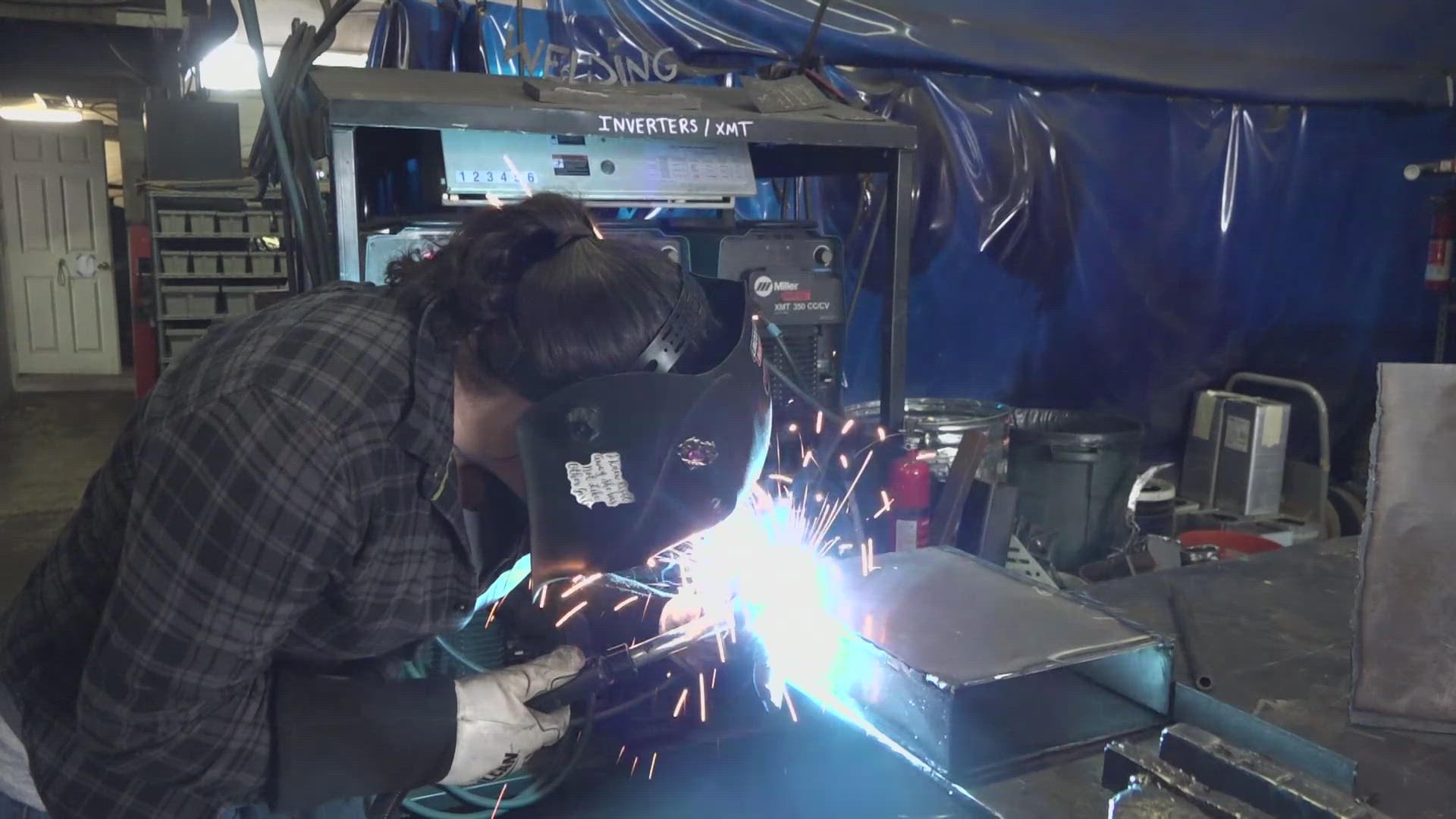CONCORD, N.H. — New Hampshire lawmakers are working on bipartisan legislation to prevent dangerously mentally ill people from buying or possessing guns in response to the fatal shooting of a psychiatric hospital security guard last month.
The deadline to draft bills for the upcoming legislative session already has passed, but the House Rules Committee voted unanimously Tuesday to allow a late bill co-sponsored by Republican Rep. Terry Roy, a staunch defender of the Second Amendment, and Democrat David Meuse, who has pushed for gun control. Republicans hold the slimmest of majorities in the 400-member House, meaning cooperation will be essential for anything to pass next year.
“For us to be together here today tells you something,” Roy said. “We think that this is serious, and we think it needs to be addressed now.”
Federal law prohibits anyone who has been involuntarily committed to a mental institution from possessing a firearm, and purchasing guns through a licensed dealer requires a background check that asks about such hospitalizations. However, New Hampshire does not provide mental health records to the national database that is used for background checks.
“There’s a gap between our recognizing it and it actually happening,” Roy said of the federal law.
He and Meuse said their goal is to ensure that those who are involuntarily committed cannot purchase or possess firearms until it is determined that they are no longer a danger to themselves or others.
“One of the things that we want to make sure of is that if we have a prohibition on weapons for people with certain mental health conditions, if those people get better, they have a way to retain their right to own weapons again,” Meuse said. “So there’s a way to reverse this process when people get better.”
It remains unclear how and when the man who killed officer Bradley Haas at New Hampshire Hospital on Nov. 17 acquired his weapons. Police had confiscated an assault-style rifle and handgun from John Madore after an arrest in 2016, and authorities said those weapons remain in police custody. Madore, 33, who had been involuntarily admitted to the hospital in 2016, was shot and killed by a state trooper after he killed Haas.



